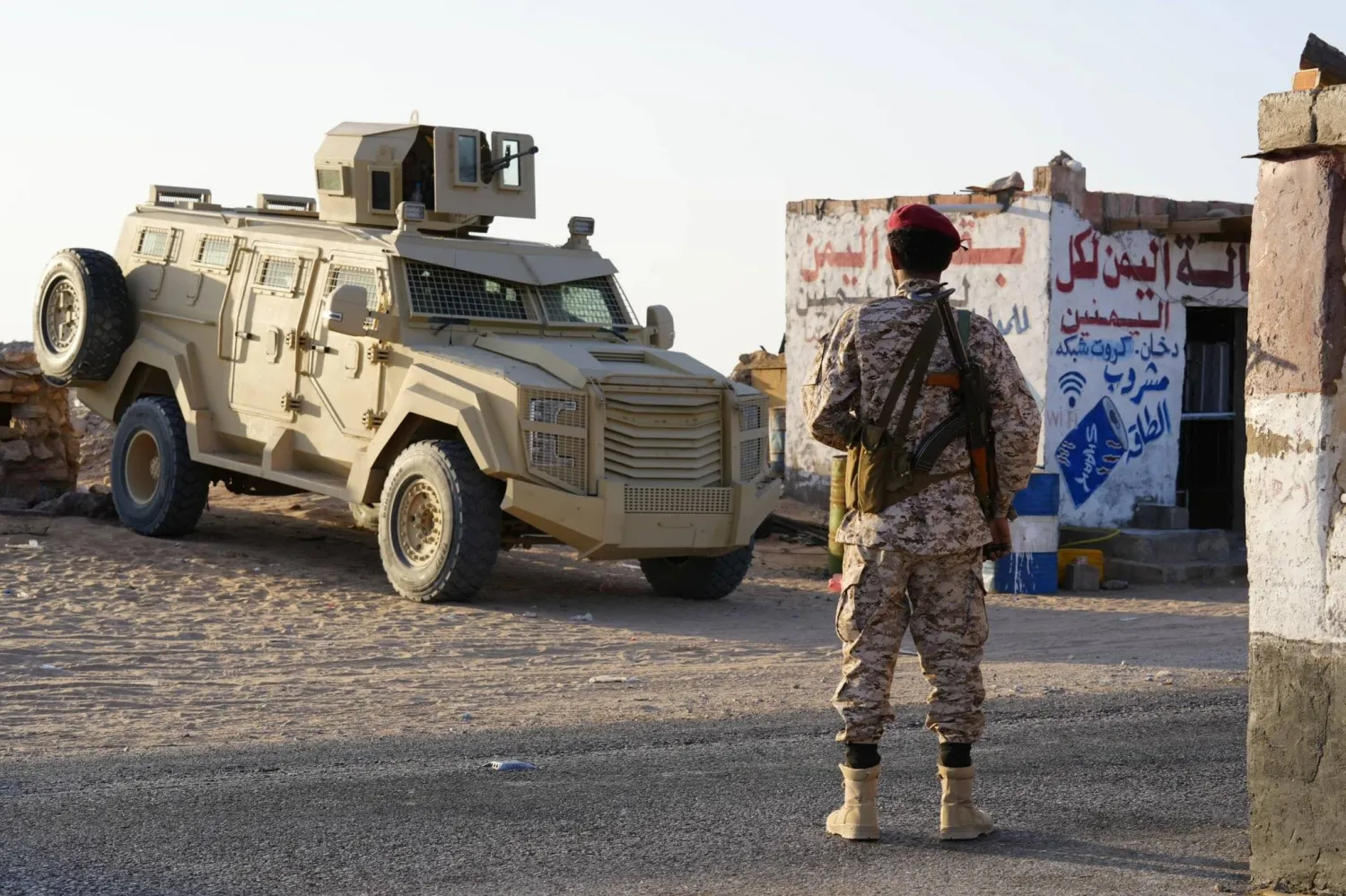At least one in five children arriving in South Sudan from Sudan are malnourished and more than 90% of arrivals haven’t eaten in days, the UN food agency said Tuesday.
The World Food Program said that nearly 300,000 people have arrived in South Sudan in the last five months — the majority of whom are South Sudanese. South Sudan plunged into civil war in 2013, forcing thousands of its citizens to flee to neighboring countries, including Sudan.
“We are seeing families leave one disaster for another as they flee danger in Sudan only to find despair in South Sudan,” says Mary-Ellen McGroarty, WFP’s country director in South Sudan.
Sudan plunged into chaos in mid-April when long-simmering tensions between the military, led by Gen. Abdel Fattah Burhan, and the Rapid Support Force paramilitary, or RSF, commanded by Mohammed Hamdan Dagalo, escalated into open warfare.
The WFP is appealing for additional funding of more than $120 million to meet humanitarian needs at the border.
The agency says with the start of the rainy season, there’s flooding that has contributed to the spread of disease.
“Those arriving today are in an even more vulnerable condition than families that fled in the early weeks of the conflict,” a WFP statement said.
The UN estimates that 5,000 people have been killed and more than 12,000 others wounded since the conflict in Sudan started in mid-April.
More than 5.2 million people have fled their homes, including more than 1 million who crossed into Sudan’s neighboring countries. Half of the country’s population — around 25 million people — needs humanitarian assistance, including about 6.3 million who are “one step away from famine,” according to UN humanitarian officials.









